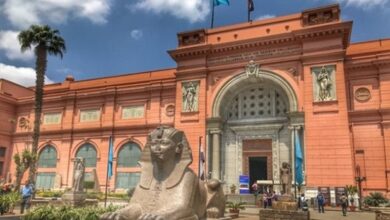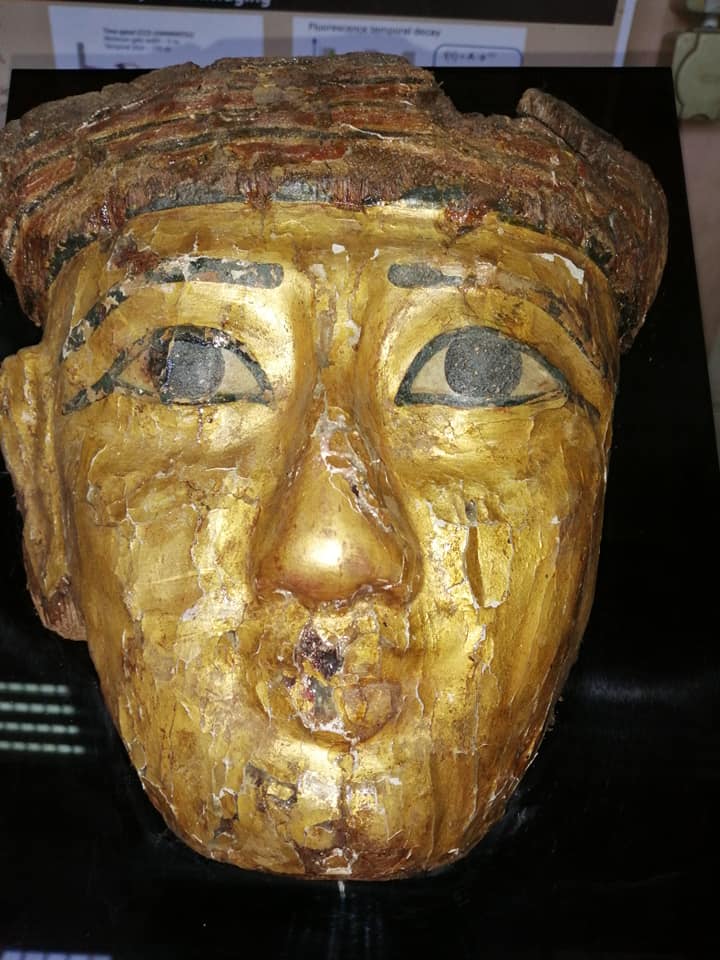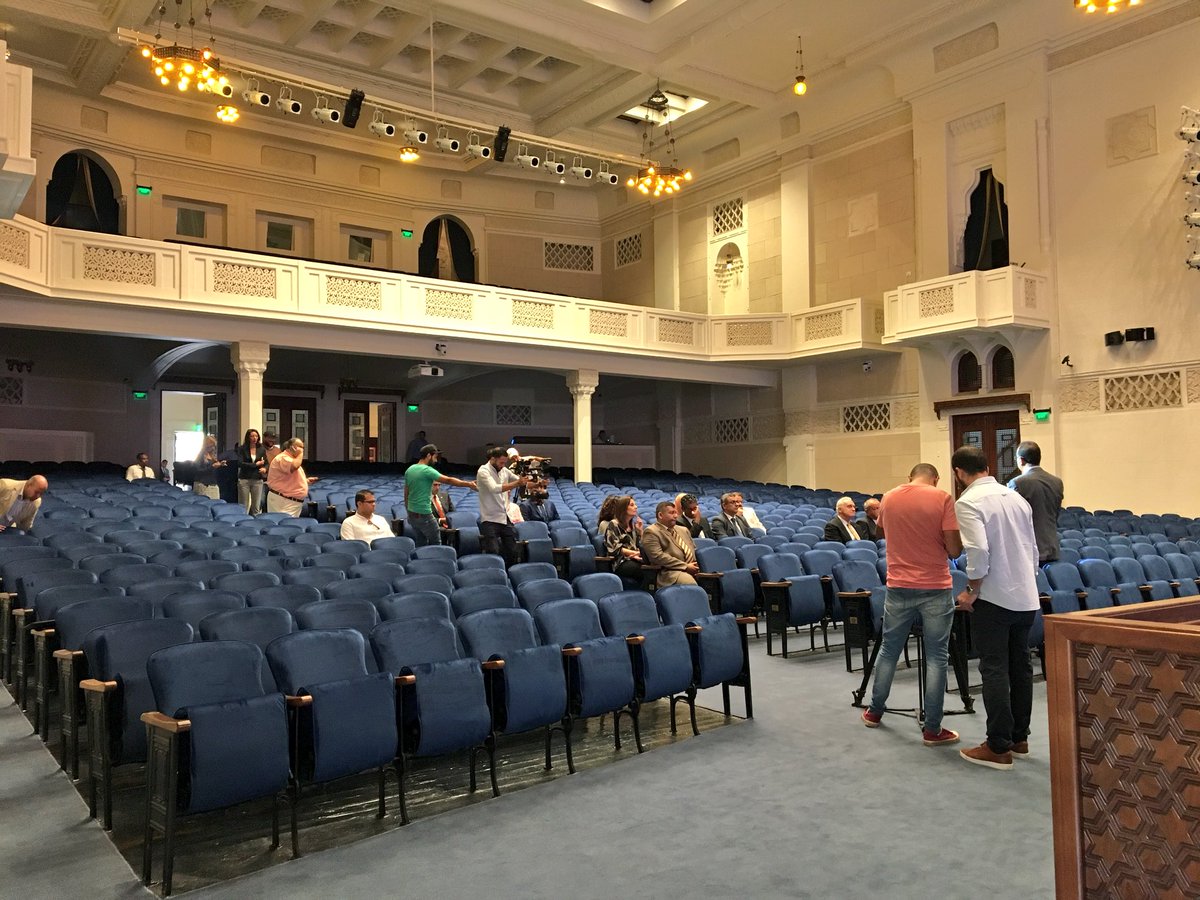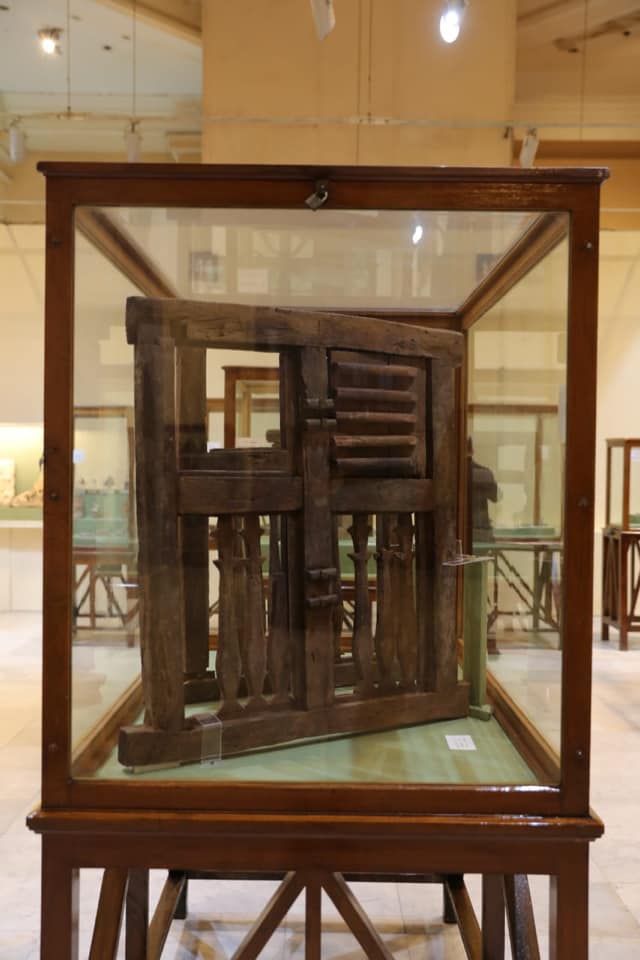Mostafa Morsy knows how brutal Egypt’s security forces can be. His son, Mohamed, was killed on 28 January in Al-Marg district by police. But in Tahrir Square on Monday, Morsy got to see another side of the state’s violence against civilians.
“I never expected this from our army,” said Morsy, who has three fresh stitches in his head. “What happened proves that Mubarak’s corrupt regime is still in place.”
Morsy and dozens of others who lost relatives during the 18-day uprising were taking part in a three-week-long sit-in in Tahrir Square to demand justice for their relatives when military police – backed by Central Security Forces riot police – stormed the square, tore down the tents, beat demonstrators, and according to a local human rights lawyer, arrested approximately 100.
Morsy’s head was cut and his rib was fractured, according to his medical report. His shirt remains covered in dried blood.
Even after the sit-in had been forcibly dispersed, a group of families stayed behind in their tents. Some of them, Morsy says, were invited to speak with General Hassan al-Roweiny, the head of the military’s central command and a member of the ruling Supreme Council of the Armed Forces (SCAF).
Despite the fact that Roweiny had told the families that they could remain in their tents, they were attacked by military police.
“After evening prayers, a group of military police units started approaching us, firing gun shots in the air. Then they besieged us in the middle, so I told one of the high–ranking military police officers that I’m the father of a martyr. He grabbed my son’s picture and they stepped on it with their boots, then started hitting us with their batons until we ran away,” Morsy recalls.
Martyrs’ families have reported receiving threats and intimidation from police officers accused of killing their relatives, apparently with the aim of pressuring them into withdrawing the lawsuits. An end to such harassment was one of the key demands of those taking part in the sit-in.
“Here I’m asking people: Where should we go? What should we do? We’re threatened in our homes, so we go to Tahrir to express ourselves. We’re not politicized, we just want the best for Egypt, and that’s why we took to the streets but came back without our kids. Now we don’t want money, only retribution for their blood,” said Hassan Ali, whose son Mohab died in the uprising.
The Tahrir sit–in began on 8 July, after a court ordered the release on bail of 10 police officers charged with killing 17 people and injuring more than 350 in Suez during the uprising.
On 31 July, the SCAF announced that it would issue payments of LE30,000 (up from a previously pledged LE5000) in compensation for each person killed during the protests. The payments were supposed to be issued the same day the military cleared the square.
“I feel the SCAF purposely announced payments to the martyrs’ families the day they attacked us in order for them to win people’s support,” said Galal Faisal, whose brother was killed on 28 January by a police officer in Imbaba.
Faisal believes that the military wanted to clear the square in preparation for former President Hosni Mubarak’s trial, which is scheduled for Wednesday morning.
Meanwhile, 25 political parties and movements which withdrew from the sit–in two days ago, released a statement Monday condemning the “brutality” of the military police and Central Security Forces in breaking up the sit–in.
The groups accused undercover police of provoking tension in the square as they helped dismantle tents and arrest protesters. Eyewitnesses said that some undercover units infiltrated the sit-in days before it was broken up, according to a statement from political parties and activist groups.
“We are preparing profiles with pictures and information of these infiltrators in order to expose them to the people,” said Ola Shahba, a member in the Socialist People's Alliance Party.
The political groups urged the SCAF to release all protesters arrested in Sunday’s attack, cancel the law that criminalizes protests and detain all police officers implicated in killing more than 800 protesters during the 18-day uprising in January and February.




